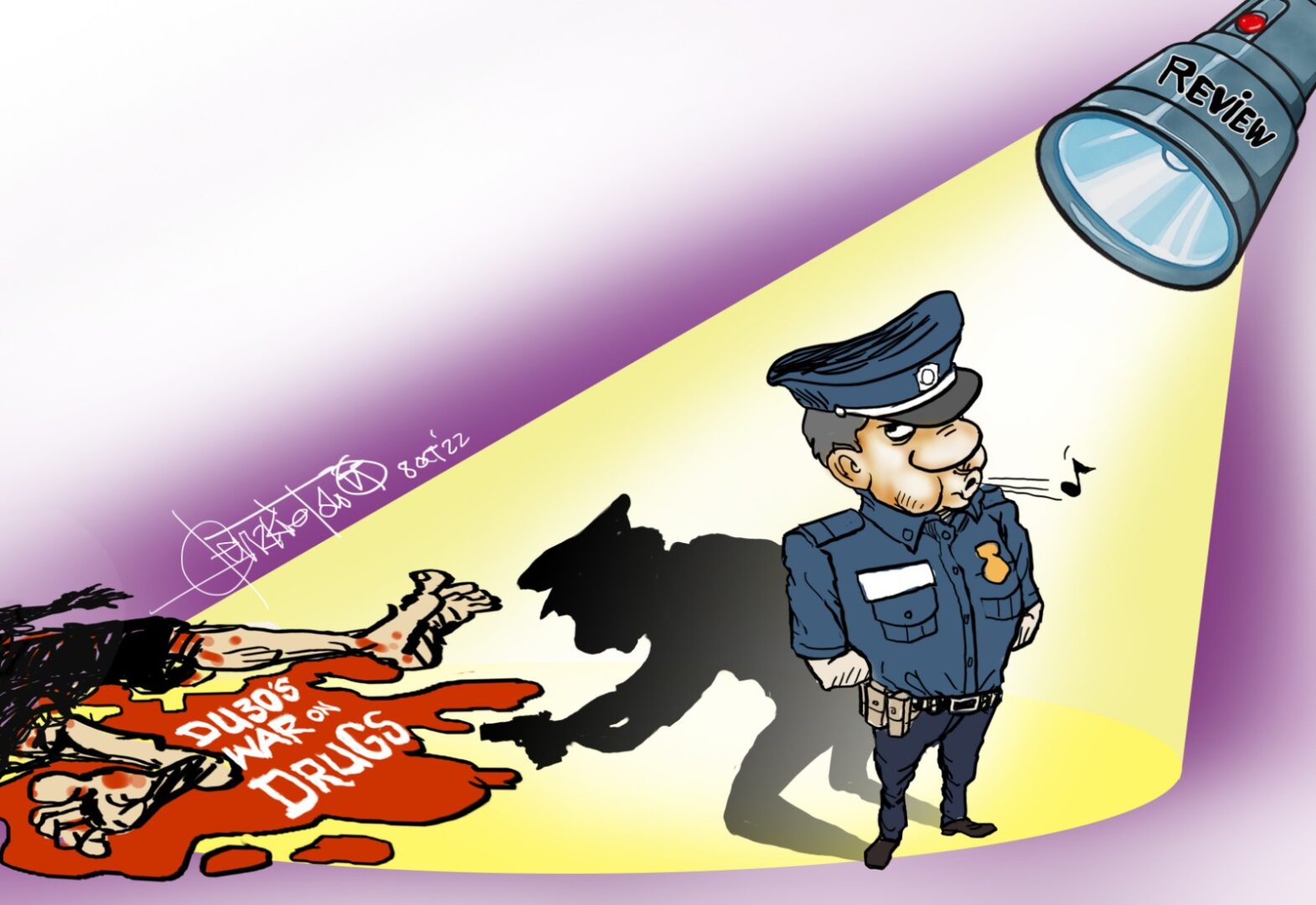Justice Secretary Boying Remulla is sending the right signal to the International Criminal Court.
Speaking at the 51st Regular Session of the United Nations Human Rights Council in Geneva, Switzerland on 5 October, Remulla said the Philippine government is adopting a “deeply humane approach” in a continuing anti-drug campaign that is apparently aimed to avoid the bloody “war” tack of the previous administration.
“We are on a new pathway towards an inclusive and empowering ecosystem of social justice. President Marcos is a consensus builder and has a deeply humane approach to law enforcement and the anti-illegal drug campaign,” Remulla said.
“President Marcos has refocused the anti-illegal drug campaign by tackling the problem at its source. He has reminded the Philippine National Police that the use of force must always be reasonable, accountable, justifiable, and only utilized when necessary. He has stated that criminal masterminds must be apprehended and punished, not small-scale users on the street.”
In an unexpected, refreshing tone, Remulla said the government is undertaking a “transformational” reform of its justice and law enforcement, with emphasis on the rule of law and the promotion and protection of the human rights of its citizens.
There will be a strong focus on the rehabilitative and preventive aspects of the campaign, as well as education and assistance to victims and their families.
“These targeted and bold measures aim to change the culture of our judicial and law enforcement system, which have produced certain flaws and delays in the carriage of justice,” Remulla said.
It was a virtual admission that there have been mistakes in the drug war and, more importantly, there are efforts to rectify them.
Remulla reported that seven incidents resulting in deaths in anti-drug operations were filed before the courts against a total of 25 police officers.
In February 2018, the ICC launched a preliminary examination into possible crimes against humanity related to the drug war in the country.
The following month, in March 2018, then-President Duterte announced the Philippines would withdraw from the ICC. The withdrawal took effect on 17 March 2019, but did not take away the ICC’s power to investigate crimes in the country.
According to the Rome Statute — the treaty which established the ICC — if domestic systems are proven to be working to exact accountability, the ICC would not be needed.
“We have a functioning domestic system, it’s the efficiency we need to improve, we’re not reinventing anything, it’s the efficiency we have to do and of course, the conduct and method have always been the issue so we’ll look at it,” Remulla said in a recent interview.
He clarified “it’s not the goal” of his review of the drug war to fend off the ICC’s investigation. Currently, the probe is “on pause” as a procedure and the Philippine government has been requested to submit proof that there are concrete local steps to solve the cases.
“Of course, the ICC is there, and we have a functioning judicial system, so kung wala tayong kasalanan, ano ang kanilang trabaho? (If we’re not at fault, what will they do?) We just wait, let’s see how it goes,” he said.
